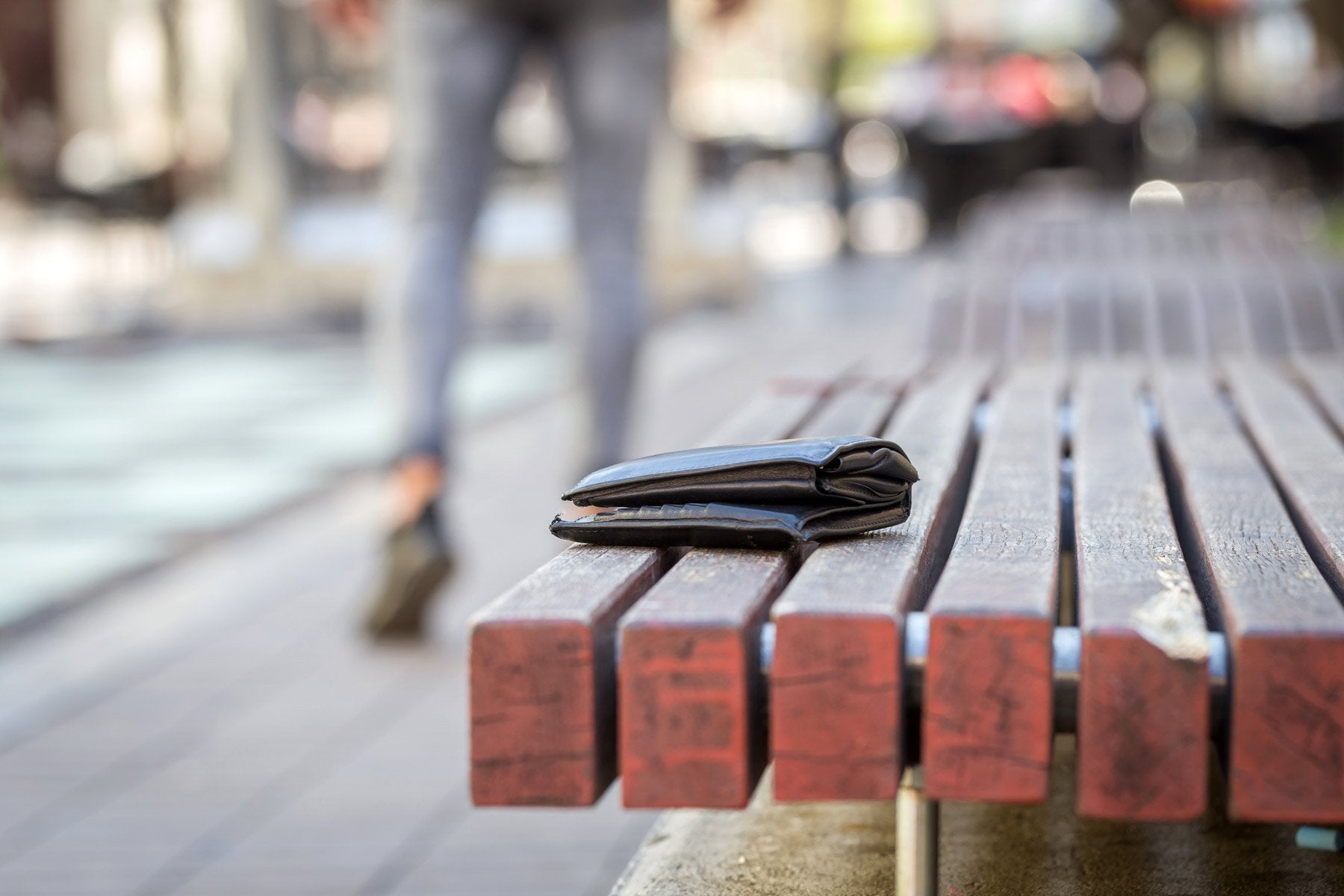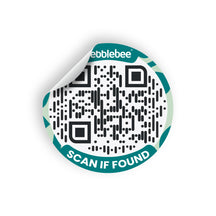You’re about to leave your house. Time to do a mental check before you lock your front door. You have your keys, cellphone, and your wallet.”
Wait, you don’t have your wallet. It’s not in your back pocket where you usually put it. You go back into your home and search far and wide, but still have no luck finding your missing item.
Calm down and take a moment to retrace your steps. You won’t be able to jog your memory while you’re feeling so frantic. It’s got to be somewhere.
To help you find your missing wallet (and not lose it again in the future), follow these steps to trigger your short-term memory.
Repetition
It's always the same routine. You come home, place your keys and wallet on the side table in your living room, and settle down to watch a little TV. Before you sit down and become one with your sofa, take some time for a quick repetition exercise.
As soon as you put your things down, tell yourself out loud where you put them. For example, if you place your keys on your computer desk you would say, "the keys are on the computer desk" until it's stuck in your head.
Get Some Sleep
Most adults need between 7-9 hours of sleep to be able to function as human beings. It revitalizes your body and helps keep your memory sharp.
If you don't get to bed on time, it will be difficult to recall where you put the things you've lost. You'll also be more likely to experience anxiety from said missing items. That doesn't help matters in the slightest.
Have a Spot for Everything
You should have a designated spot for everything in your home. Put your keys and wallet on the same table each day when you come back from work.

If you have to move it for whatever reason, make sure to put it back as soon as possible. Don't tell yourself that you'll do it later because later will be the next morning when you're almost late for work.
Technology is On Your Side
If no matter what you try, there's no jogging your memory, don't worry. Technology has you covered. Our BlackCard finder is thin enough to slip right into your wallet.
All you have to do is download the app on your phone. With the push of a button, the device will let out a loud noise that will lead you straight to your missing wallet. It also works via voice control if you have an Amazon Echo or Google Assistant.

Speaking of Amazon Echo and Google Assistant, you can use them to find your phone. Ask them where it is and they'll give you a ring.
Make a Mental List
As soon as you realize that you lost something, take a moment to make a mental list of the places where you've been. Even if it's not in any of these places, it at least gives you some idea of where to look.
It can also broaden your search a little. For example, you don't make the habit of putting your keys in the fridge (at least we hope you don't), but you were pretty worn out when you came home the previous day. You went to the kitchen to grab a drink as soon as you got back.
What you failed to realize is you placed your keys in the fridge when you put the orange juice back. You wouldn't have even thought to look there if you hadn't made that mental list.
Listen to Your Senses
Yesterday was a difficult day at the office. When you came home, you were so frustrated that you threw your wallet on your bedside table. You fail to realize that it didn't quite make it to the table.
The next morning when you're running around trying to find your wallet, think back to the frustration that you felt. Recalling your senses like this can sometimes trick your brain into remembering small details that it has forgotten.
Clean
If you search for hours and still can't find what you're looking for, it might mean that your home has gotten a little cluttered. If you have the time and you don't have to be at work soon, grab your feather duster and get to work.
You never know what will turn up when you start clearing out a messy room. You may find the wallet that went missing or an old diary from your high school years. Either way, you get something out of it, right?
Take a Moment to Calm Yourself
We understand that losing your important items is a stressful experience for anyone. Your heart is pounding, your thoughts are going a mile a minute, and your chest feels tight. It makes it really hard for you to concentrate.
Close your eyes and take a few deep, calming breaths. Once you've settled down from the initial shock of losing the item, begin your search again. You'll have much better results once your mind is more at ease.
Learning How to Jog Your Memory
Nothing can raise your stress levels quite like losing your phone or wallet. These are both important items with a lot of personal information locked up inside of them. Worrying about your situation won't help you find your belongings any faster, however.
The only thing that can help is retracing your steps and performing other activities to help jog your memory. You can also get a device that will lead you to your missing item via sound. Go to our store to check out our wide variety of products and stop losing the things that are important to you.






